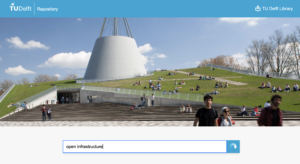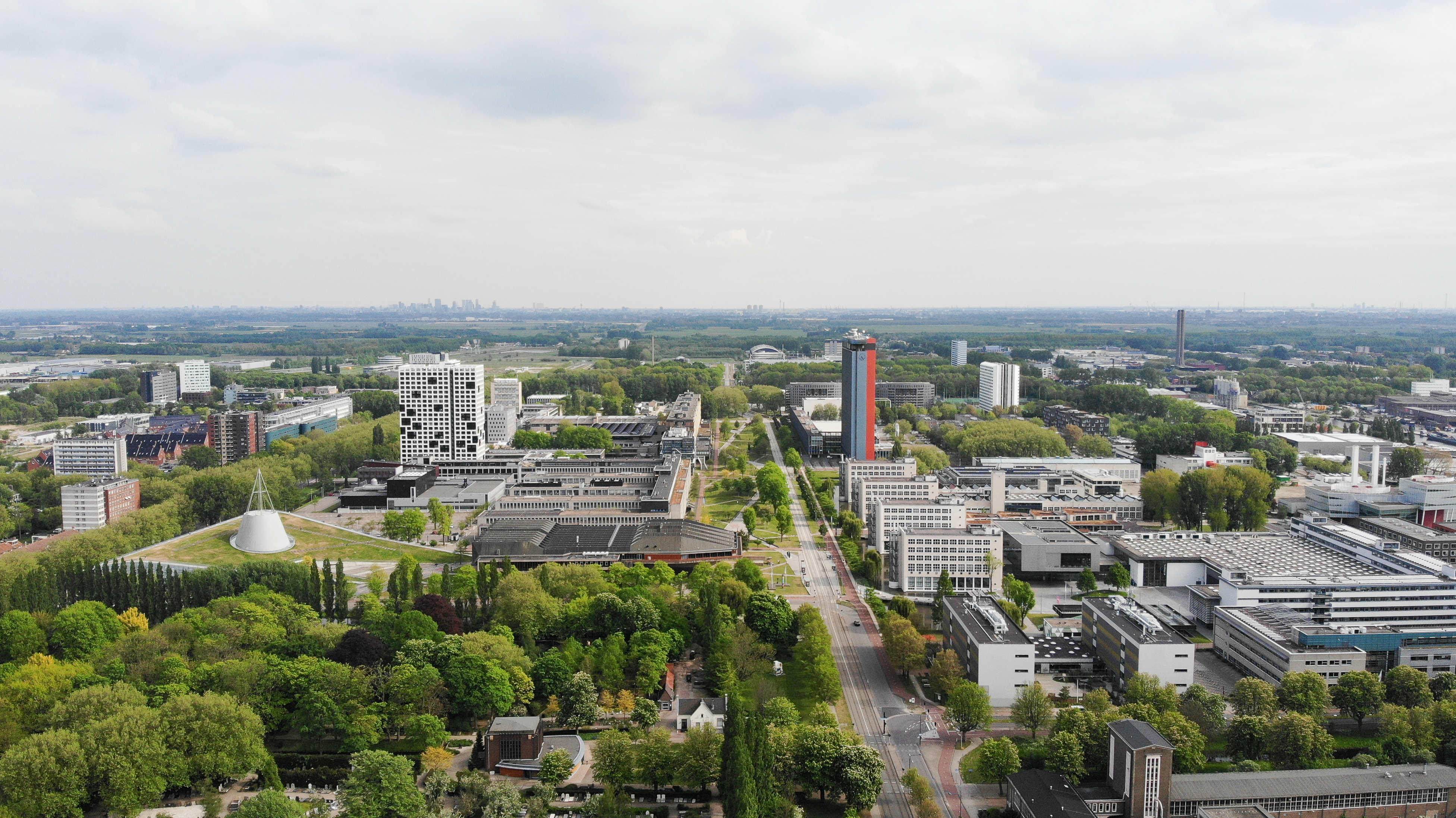July 2024 sees the launch of a new version of TU Delft’s Repository. It is a landmark moment in TU Delft Library’s commitment to openly built infrastructure, sitting next to other work already done in this area.

Our previous repository was also open infrastructure, built around the Islandora software. But after ten plus years of service, it was in urgent need of renewal. Guided by the direction illuminated by the COAR Next Generation Repositories and the success of repositories like Zenodo, we took the decision to rebuild the repository and the underlying data model and index from scratch.
What you see now is Version 1.0. Much development work is planned – improving search speed and findability of content; adding more types of content; and thinking about how to add an upload mechanism for end users. But the core of the code and the index is in place.
“Open infrastructure is not just about whizzkid developers, but assembling expertise from across the institution.”
This has been put together by a wide, committed group across the university at Delft. Developers, agile experts, policy officers, project managers and privacy and security specialists have all been involved. Open infrastructure is not just about whizzkid developers, but assembling expertise from across the institution.

Marshalling these resources is not an easy task. For us in the library, it requires a strong, engaged relationship with the ICT department, at both a strategic and operational level; there are challenges in attracting and retaining the staff needed; additionally, risks related to security and privacy cannot be outsourced. And though we have not done the maths, we doubt that open infrastructure is cheaper.
“The library is not reduced to being an expert in procuring systems built by others. Rather, the essential skills needed to curate and present a digital collection remain in-house.“
But open infrastructure gives us enormous strategic strength. Commercial alternatives cannot always reflect local, national and global demands. At TU Delft, we need to curate traditional research PDFs; but we also have a responsibility to manage and present Masters’ Theses, architectural designs, PhDs, open textbooks, and many other formats.
We need to reflect a changing world where students and academics are not just lauded for their research outputs but for their educational inspiration and societal impact. And such academics and students expect greater control in how that content is managed. The flexibility of open allows us to respond to these changes.
And perhaps more fundamentally, open infrastructure embeds the fundamental tasks of the library within the library. Knowledge flows through the library. The sum of the university’s collective intelligence is managed by the library. It is not outsourced to a third party. The library is not reduced to being an expert in procuring systems built by others. Rather, the essential skills needed to curate and present a digital collection remain in-house.
